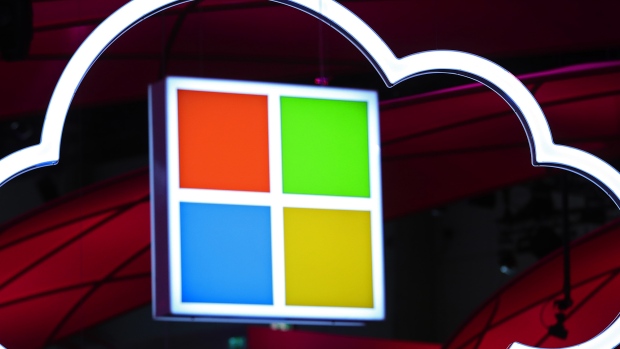Sep 25, 2019
Microsoft is still rattled over U.S. 'sneak-and-peek' searches
, Bloomberg News

Microsoft Corp. said it’s challenging a federal judge’s order that prohibits the company from telling one of its larger corporate customers that the U.S. government issued a warrant for data on the customer.
The software maker and cloud services provider failed to get the “secrecy order” lifted so that it could notify the unidentified enterprise customer of the data demand, Dev Stahlkopf, Microsoft’s general counsel, said in a blog post.
“We have challenged that order in the lower court, and we will pursue an appeal in the appellate court if necessary, and continue to stand up for the principle that our customers are entitled to know when the government obtains their data,” she wrote in the blog.
The case is the latest salvo in a yearslong battle between Microsoft and the U.S. government over what are called “sneak and peek” searches in which the subject of a federal inquiry doesn’t know their data has been requested or turned over. In 2016, Microsoft sued the government over the practice, saying it had become too widespread. A year later, the Justice Department said it would scale back the use of secrecy orders.
Details on the case are scant. The ruling by a magistrate judge in Brooklyn, New York, says the information sought was “associated with two email accounts” and includes emails, text messages and voicemails. The government asserted that the users of the two accounts, along with others, committed a slew of misdeeds including wire fraud and money laundering and are employed by a multinational corporation that “conspired” with another such company to contravene U.S. sanctions.
“As a cloud services provider, Microsoft has an important role in forcing governments to go before impartial judges to justify their conduct and to make sure they use their investigative powers in accordance with the rule of law,” Stahlkopf wrote.
Justice Department representatives didn’t immediately respond to a request for comment.






